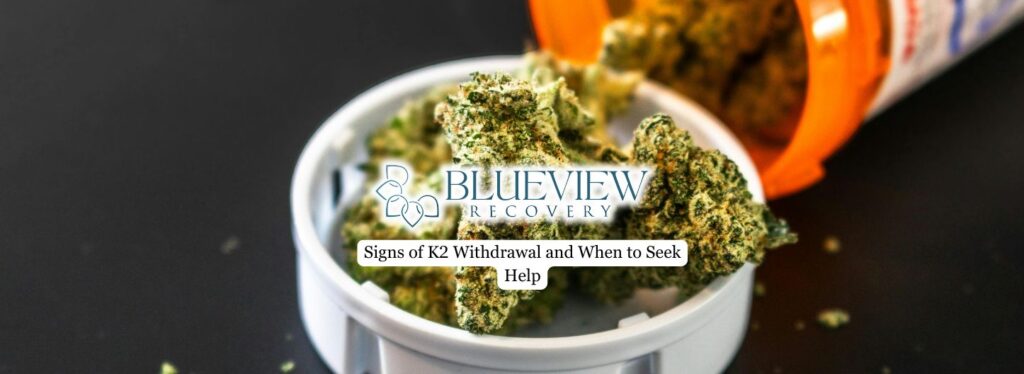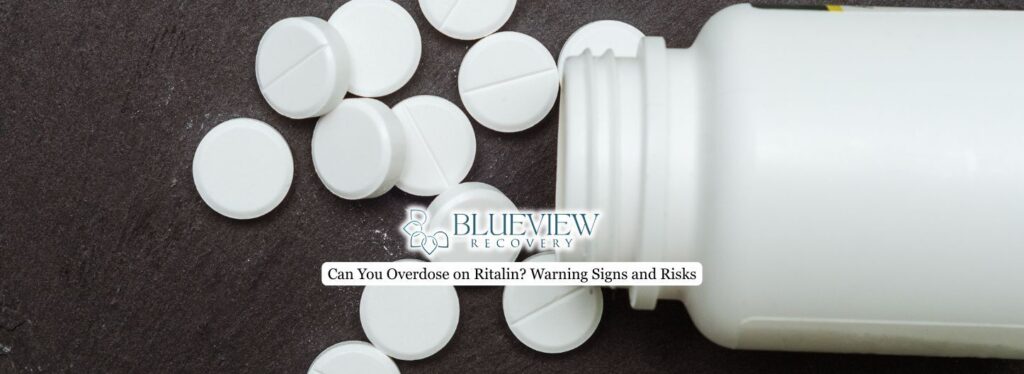Signs of K2 Withdrawal and When to Seek Help

K2 withdrawal can cause severe physical and psychological symptoms like anxiety, insomnia, nausea, and cravings. Learn when to seek professional help for safe and lasting recovery from K2 addiction in Philadelphia.
How Long Does K2/Spice Stay in Your System?

K2, or Spice, is a synthetic cannabinoid that can stay in your system from 2 to 7 days depending on the variant and usage. Learn about detection times, risks, and effective treatment options for K2 addiction in Philadelphia.
Ritalin vs. Adderall: Key Differences Explained

Ritalin and Adderall both treat ADHD but differ in composition, duration, and effects. Learn their key differences, side effects, and how to choose the best option for treatment.
How Binge Drinking Differs from Alcohol Use Disorder (AUD)

Binge drinking and alcohol dependence differ in frequency and severity. Recognizing when casual drinking turns into alcohol use disorder is key to preventing long-term harm and promoting early, effective recovery.
Strategies To Reduce Alcohol Consumption

Reducing alcohol use can boost physical health, mental clarity, and overall well-being. Learn evidence-based strategies and practical tips to help you cut back, build resilience, and create lasting lifestyle changes for a healthier future.
The Benefits of Partial Hospitalization Programs in Addiction Recovery

Partial Hospitalization Programs (PHPs) provide intensive daily treatment while allowing individuals to return home at night. This structured, flexible model bridges inpatient rehab and outpatient care, supporting recovery with accountability and real-world practice.
Can You Overdose on Ritalin? Warning Signs and Risks

A Ritalin overdose can strain the heart, disrupt brain function, and lead to life-threatening complications. Learn the warning signs, risks, and how to respond quickly to protect health and ensure safety.
Marijuana Wax: How It’s Made and Why It’s So Potent

Marijuana wax is a cannabis concentrate with up to 90% THC, delivering stronger effects than flower. Learn how it’s made, why it’s so potent, and the health and addiction risks linked to its use.
The Importance of Assertiveness in Recovery

Assertiveness in recovery helps rebuild confidence, prevent relapse, and strengthen relationships. By setting healthy boundaries and communicating clearly, individuals gain the skills needed for lasting sobriety and personal growth.
How Long Do Benzodiazepines Stay in Your System?

Find out how long benzodiazepines stay in your system. Learn detection times for urine, blood, saliva, and hair tests, plus factors that affect elimination and recovery.